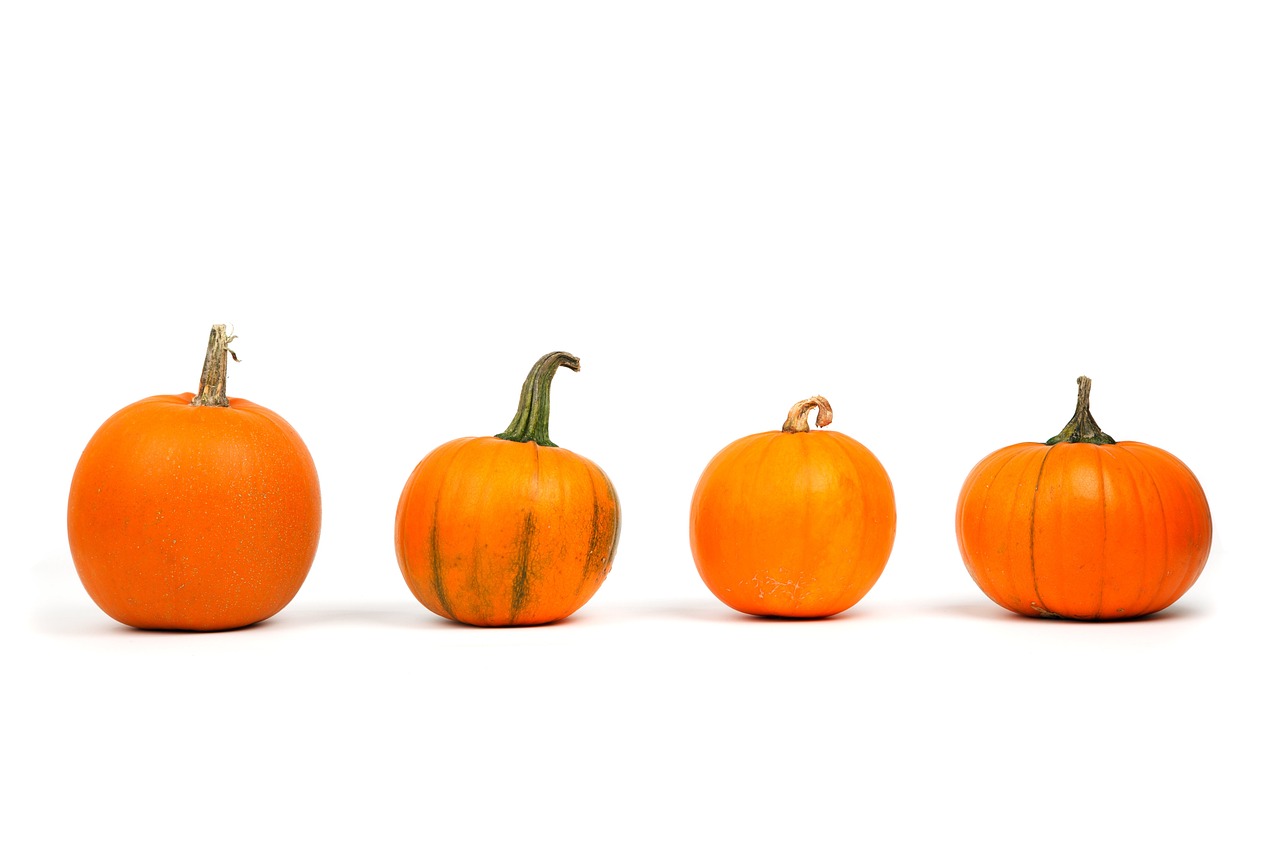Pumpkin is a Spectacular Food for Eye Health.

Pumpkin contains the antioxidants alpha carotene, beta carotene, and beta cryptoxanthin. They are all important for eye health and can be converted in the body into vitamin A. Vitamin A protects the cornea and helps prevent “night blindness” which means poor vision at night or in dim light.
The Importance of Antioxidants for eye health.
Antioxidants help protect from free radicals, oxidative stress, and cancer.
Free radicals can damage the eyes and lead to macular degeneration-a disease that causes blindness. Oxidative stress occurs when there are too many free radicals present.
Macular degeneration and cataracts are two leading causes of adult blindness. There is no known cure for macular degeneration and the only cure for cataracts is surgery. There is no known non-surgical cure for cataracts.
Beta carotene reduces the risk of developing macular degeneration, asthma, cardiovascular disease, and cancer.
Beta cryptoxanthin decreases the risk of certain cancers and delays the onset of osteoporosis.
A 2019 clinical trial by the National Eye Institute using high doses of beta carotene along with vitamins C and E significantly reduced the risk of macular degeneration (age related). The study was called AREDS which stands for Age-related Eye Disease Study. Pumpkin contains beta carotene and both vitamins C and E. Vitamin C also reduces the risk of developing cataracts.
Pumpkin is a good source of zinc. Zinc has been shown to increase vitamin A in the retina where it helps form the melanin pigment that protects the eyes from UV ray damage.
Pumpkin also contains two phytonutrients that are important to eye health and good vision, Lutein and Zeaxanthin.
Lutein slows the progression of macular degeneration and helps prevent cataracts.
Zeaxanthin protects the retina, slows the progression of macular degeneration, and cuts the risk of developing cataracts by 50%.
Nutrients in pumpkin and its seeds.
Pumpkin contains Vitamin A, thiamin (B1), B2, niacin (B3), pantothenic acid (B5), B6, folate (B9), C, and E and the minerals calcium, copper, magnesium, manganese, potassium, and fiber.
The seeds contain protein, carbs, vitamins B1, B2, B3, B5, B6, B9, C, E, and K, and the minerals copper, iron, magnesium, manganese, phosphorus, potassium, the amino acid tryptophan, fiber, and unsaturated fats.
Tryptophan is converted into serotonin in the body which improves mood and melatonin which helps you sleep.